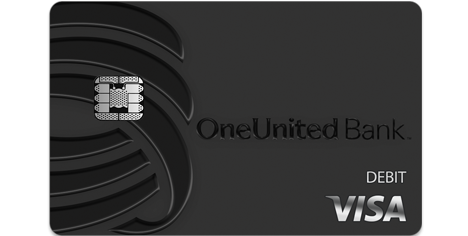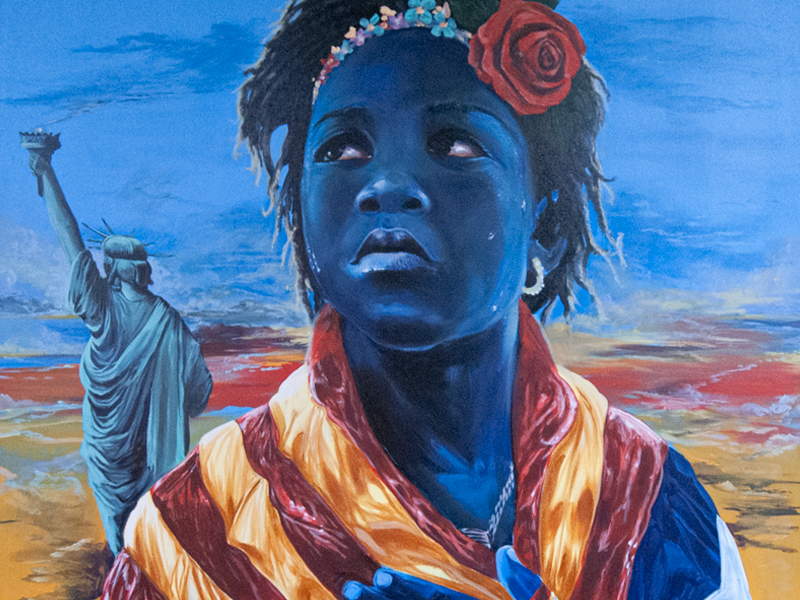In has only been two average American lifetimes (79 years) since the end of slavery. Yet today, the annual spending of the Black community is $1.2 trillion. According to the New York Times #1619Project, America promotes a particular kind of low-road capitalism; a racist capitalism that ignores the fact that slavery didn’t just deny black freedom but built white fortunes. With hindsight and clarity of vision, let’s build Black wealth for our community.
At OneUnited Bank, the largest Black-owned bank in America, we celebrate our $1.2 trillion in annual spending and our ability to build wealth.

We see an increased focus on financial literacy, generational wealth, home ownership, entrepreneurship and supporting black owned businesses. We celebrate and sponsor the Black Economic Council of Massachusetts (BECMA), which is holding its first Massachusetts Black Expo in November 2019.
We have major accomplishments to celebrate, while also recognizing that the wealth gap is due to 400 years of discrimination. Let’s celebrate our ability to build wealth now for our community. Let’s #BankBlack and #BuyBlack.
From 1619 to 2019, we rise!
Excerpts from the #1619Project and the essay “In Order to Understand the Brutality of American Capitalism, You Have to Start on the Plantation” by Matthew Desmond.
“Slavery was undeniably a font of phenomenal wealth.”
“Cotton grown and picked by enslaved workers was the nation’s most valuable export.”
“The combined value of enslaved people exceeded that of all the railroads and factories in the nation.”
“Nearly two average American lifetimes (79 years) have passed since the end of slavery, only two. It is not surprising that we can still feel the looming presence of this institution, which helped turn a poor, fledgling nation into a financial colossus.”
“The United States solved its land shortage by expropriating millions of acres from Native Americans, often with military force…” “It then sold that land on the cheap… to white settlers.”
“Southern white elites grew rich, as did their counterparts in the North, who erected textile mills to form, in the words of the Massachusetts senator Charles Summer, an “unhallowed alliance between the lords of the lash and the lords of the loom’.”
“The cotton plantation was America’s first big business and the nation’s first corporate Big Brother was the overseer.”
“Enslaved people were used as collateral for mortgages centuries before the home mortgage became the defining characteristic of middle America. In colonial times, when land was not worth much and banks didn’t exist, most lending was based on human property.”
“A majority of credit powering the American slave economy came from the London money market.”
“The American South rashly overproduced cotton… and prices fell.” …”setting off the Panic of 1837.”
“Even academic historians… haven’t been able to resist drawing parallels between the Panic of 1837 and the 2008 financial crisis.” …”stacks of paper money printed on the myth that some institution (cotton, housing) is unshakable; considered and intentional exploitation of black people; and impunity from the profiteers when it all falls apart…”
“If today America promotes a particular kind of low-road capitalism – a union-busting capitalism of poverty wages, gig jobs, and normalized insecurity; a winner-take-all capitalism of stunning disparities not only permitting but awarding financial rule-bending; a racist capitalism that ignores the fact that slavery didn’t just deny black freedom but built white fortunes, originating the black-white wealth gap that annually grows wider – one reason is that American capitalism was founded on the lowest road there is.”
*Original painting by internationally acclaimed artist Addonis Parker titled “Future”


















